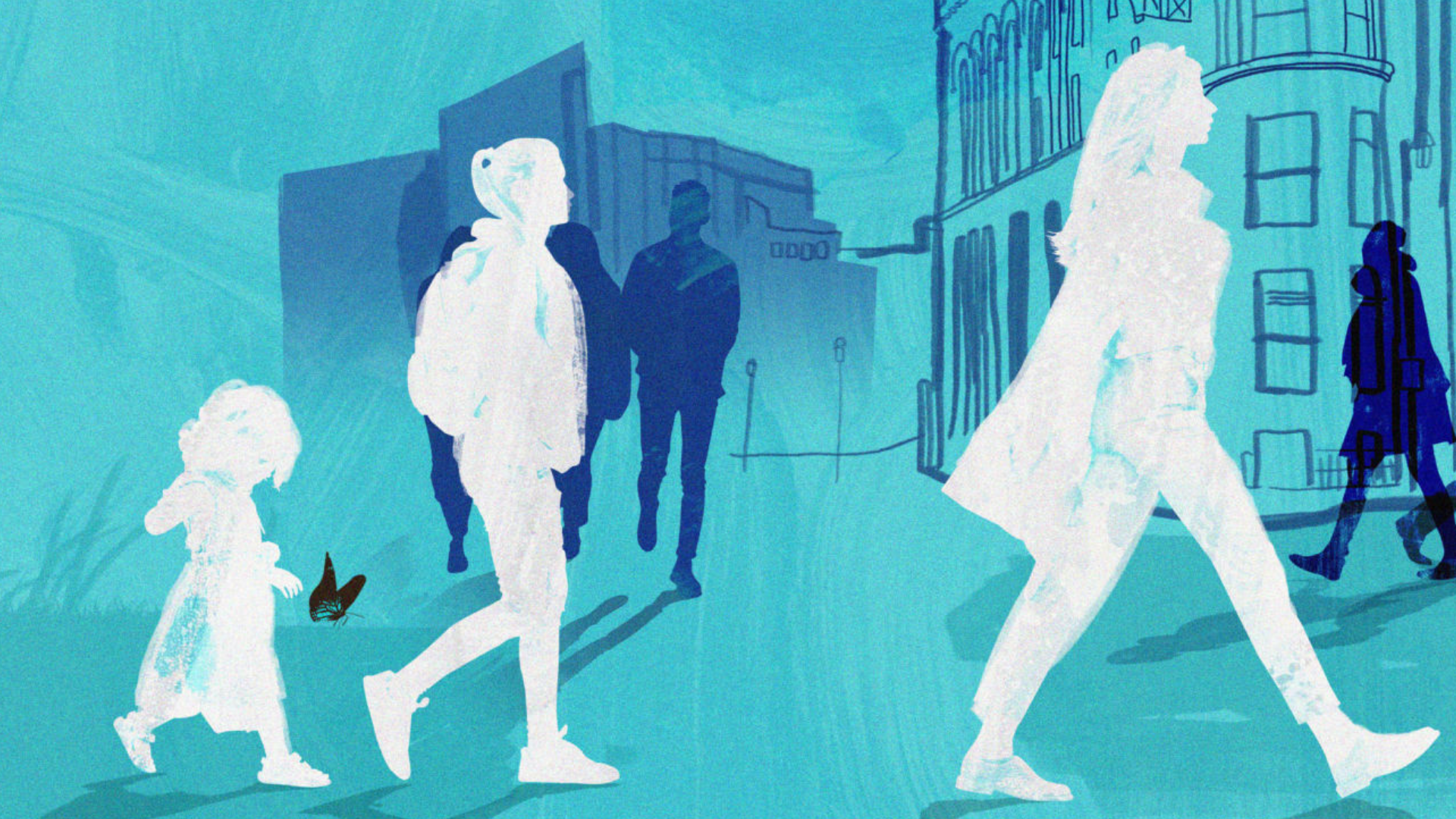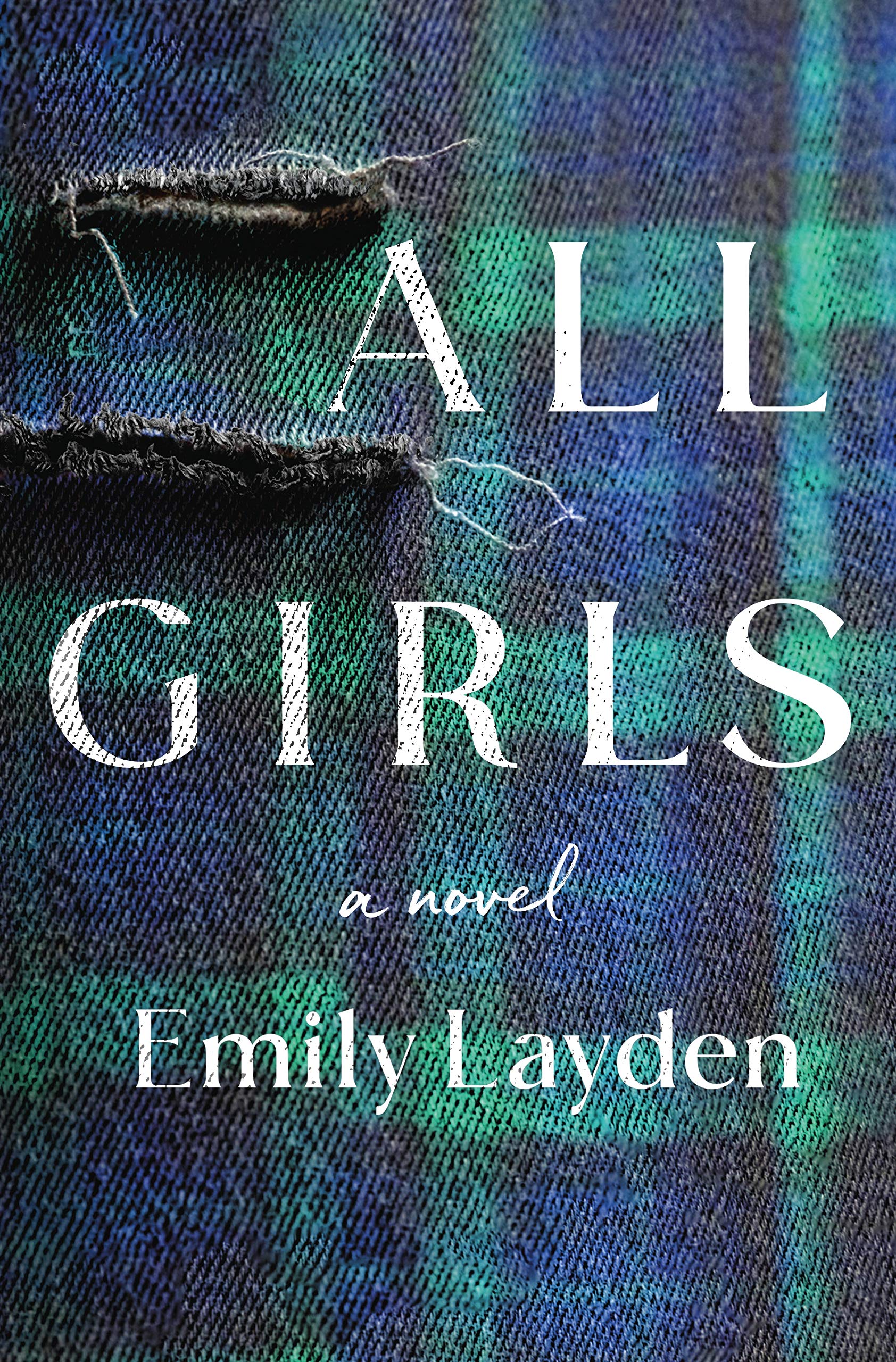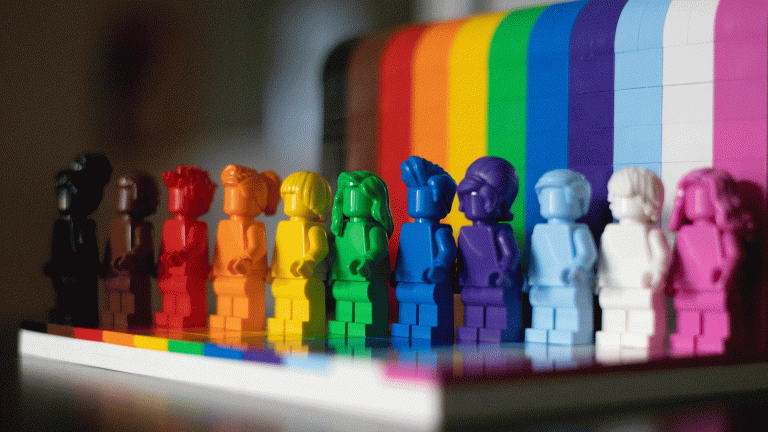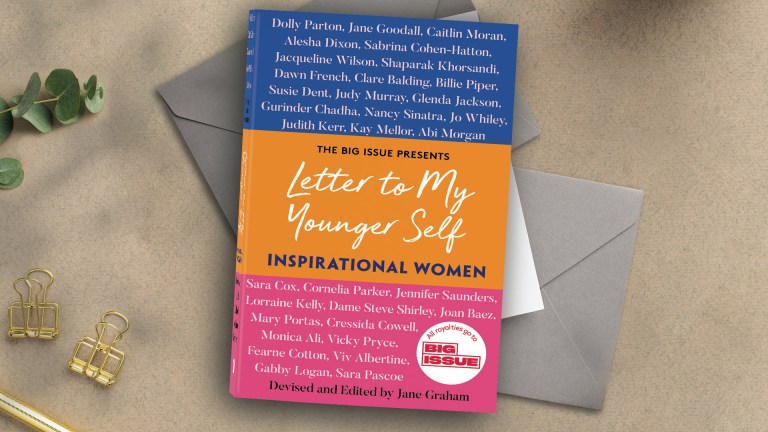My novel, All Girls, is a book about teenagers written for an adult audience.
From the outset, this has been a source of some confusion, and I often find myself having to justify my book’s existence. I have grown used to explaining that my novel is an effort to take girlhood very seriously. I tell interviewers about the depth and capacity of teenage girls. I say that they are rarely given credit for their full personhood.
In fact, I said exactly this in an interview recently, and the journalist speaking to me paused and pointed out that earlier in our conversation I’d asserted that my characters were just kids. The implication was that I’d contradicted myself. Except: By personhood I did not mean adulthood. I meant very literally what I had said: a range of emotional experiences and depth of character; humanness.
As a woman who was once a teenager and before that a little girl, as someone who spent the better part of a decade as a teacher and mentor to young women, it is a perceived paradox – this distinction between girls and people – that I have been struggling to clarify my entire life.
Lockdowns have taken income away from hundreds of Big Issue sellers. Support The Big Issue and our vendors by signing up for a subscription.
For most of my twenties, I taught English at various boarding and independent day schools throughout the US, the majority of them all-girls. I found that even in these very elite spaces – built for the advancement of women; many established when it was a rare and remarkable thing for a woman to go to school – girls are still not fully shielded from the sort of character-flattening I am describing. In a capitalist system, a private school tallies its financial health in enrolment numbers. The girls are the product.










